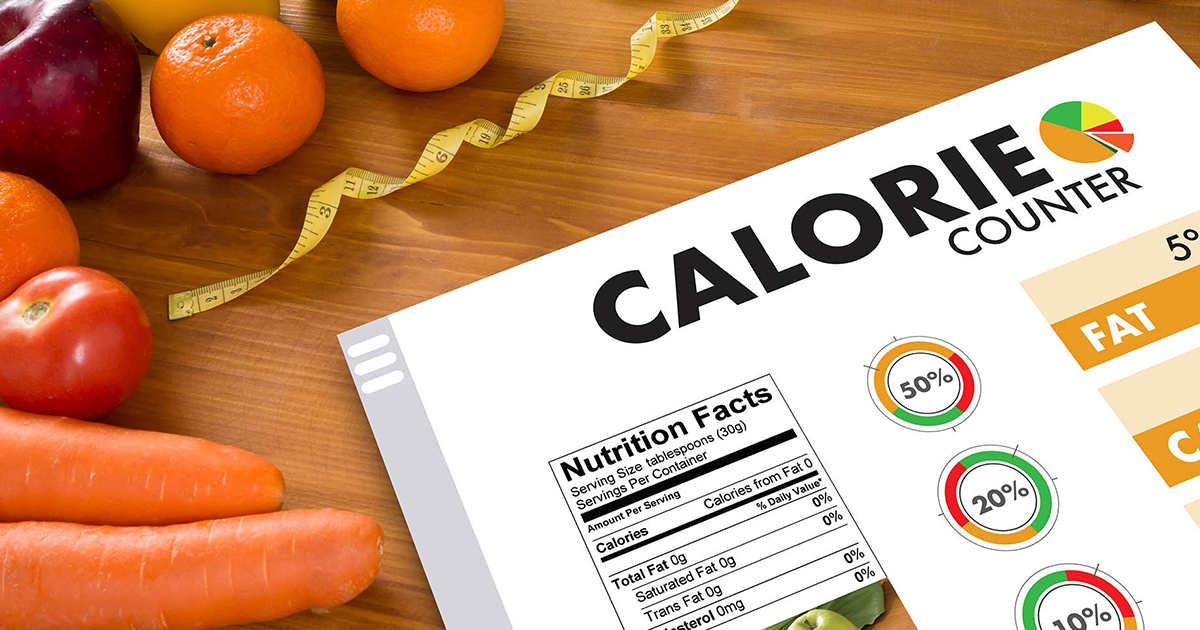For years, mainstream advice has centered on a simple equation: “calories in, calories out.” This concept, rooted in the first law of thermodynamics, suggests that if we burn more calories than we consume, weight loss will follow. However, this view oversimplifies a much more complex system—particularly the role of hormones, especially insulin, in regulating fat storage and burning. The truth is weight loss is not just about calories; it’s about understanding the hormonal processes that direct our bodies on how to use those calories.
The hormone, insulin is a central player in this process. Often called the “storage hormone,” insulin directs whether our bodies will burn calories for energy or store them as fat. When insulin levels are elevated, the body is in storage mode, storing calories—primarily as fat—rather than burning them. Without insulin, the body would struggle to store calories effectively, even if thousands were consumed. This dynamic reveal that insulin, not calorie count alone, determines how our bodies manage energy.
When it comes to diet, not all calories are equal. This is particularly evident in the case of carbohydrates. There is a major difference between the insulin response triggered by whole, unprocessed carbs—like broccoli, apples, and tomatoes—and that caused by ultra-processed carbohydrates, like sugary snacks and refined foods. While both types of food fall under the carbohydrate category, their effect on insulin differs dramatically due to what’s known as the incretin effect.
The incretin effect is a hormonal response that occurs in the small intestine and is especially pronounced with ultra-processed carbohydrates. When we eat these types of carbs, they are quickly digested and absorbed, leading to a surge of incretins, such as GLP-1 and GIP (glucose-dependent insulinotropic polypeptide). These incretins then signal the pancreas to release higher levels of insulin than would be needed for whole foods, leading to a stronger insulin spike. This response drives the body toward fat storage, regardless of calorie count.
In contrast, whole foods with carbohydrates—those close to their natural state—are digested more slowly. They have fiber, water, and more complex structures that lead to a gradual release of glucose and a gentler incretin response. The lower insulin releases that results keeps the body more balanced between burning and storing calories, promoting fat use over fat storage.
This distinction helps explain why “calories in, calories out” is an incomplete approach. The type of calorie, especially with respect to its processing and carbohydrate form, significantly affects the body’s hormonal response and whether calories will be burned or stored. By choosing whole, minimally processed foods and understanding the role of insulin, we can create a more effective and sustainable approach to weight management.
In the end, weight loss is less about counting calories and more about managing insulin and the hormonal responses triggered by different foods. Making smarter food choices that keep insulin balanced can help tip the body’s energy management toward burning calories, rather than storing them, and lead to a healthier and more sustainable weight.
To learn how to lose weight, get off medications, and improve overall health, ask about our custom coaching programs, and say goodbye to “diets” and guessing about nutrition. Schedule a free consultation and learn how you can increase your success by 800 percent. > SCHEDULE A FREE CONSULTATION
References
- Ludwig, D. S., & Friedman, M. I. (2014). Increasing adiposity: Consequence or cause of overeating? JAMA, 311(21), 2167–2168. doi:10.1001/jama.2014.4132
- Hall, K. D., & Guo, J. (2017). Obesity energetics: Body weight regulation and the effects of diet composition. Gastroenterology, 152(7), 1718–1727.e3. doi:10.1053/j.gastro.2017.01.052
- Ahrén, B., & Holst, J. J. (2001). The incretin effect and the role of incretin hormones GLP-1 and GIP in the regulation of insulin secretion in humans. European Journal of Endocrinology, 144(6), 590–599. doi:10.1530/eje.0.1440590
- Kendall, C. W., Esfahani, A., & Jenkins, D. J. (2010). The link between dietary fibre and human health. Food Hydrocolloids, 24(1), 42-48. doi:10.1016/j.foodhyd.2009.07.024
- Taubes, G. (2008). Good calories, bad calories: Fats, carbs, and the controversial science of diet and health. New York: Anchor Books.
These references provide foundational research and insights into the hormonal regulation of weight, the effects of insulin on fat storage, and the role of food composition in metabolic health.
_______________
🗓️ Schedule a FREE consultation with Robert Ferguson about becoming a client: SCHEDULE
👉🏽 To order ONLY the BalanceOil+, > CLICK HERE
👉🏽 To order the BalanceOil+ with the BalanceTEST, > CLICK HERE
👉🏽 Watch a free online presentation on the BalanceOil+ and the BalanceTEST: WATCH NOW.
_______________
Robert Ferguson is a California- and Florida-based single father of two daughters, nutritionist, researcher, best-selling author, speaker, podcast and television host, health advisor, NAACP Image Award Nominee, creator of the Diet Free Life methodology, Chief Nutrition Officer for iCoura Health, and he serves on the Presidential Task Force on Obesity for the National Medical Association. You can e-mail Robert at robert@dietfreelife.com.


0 Comments